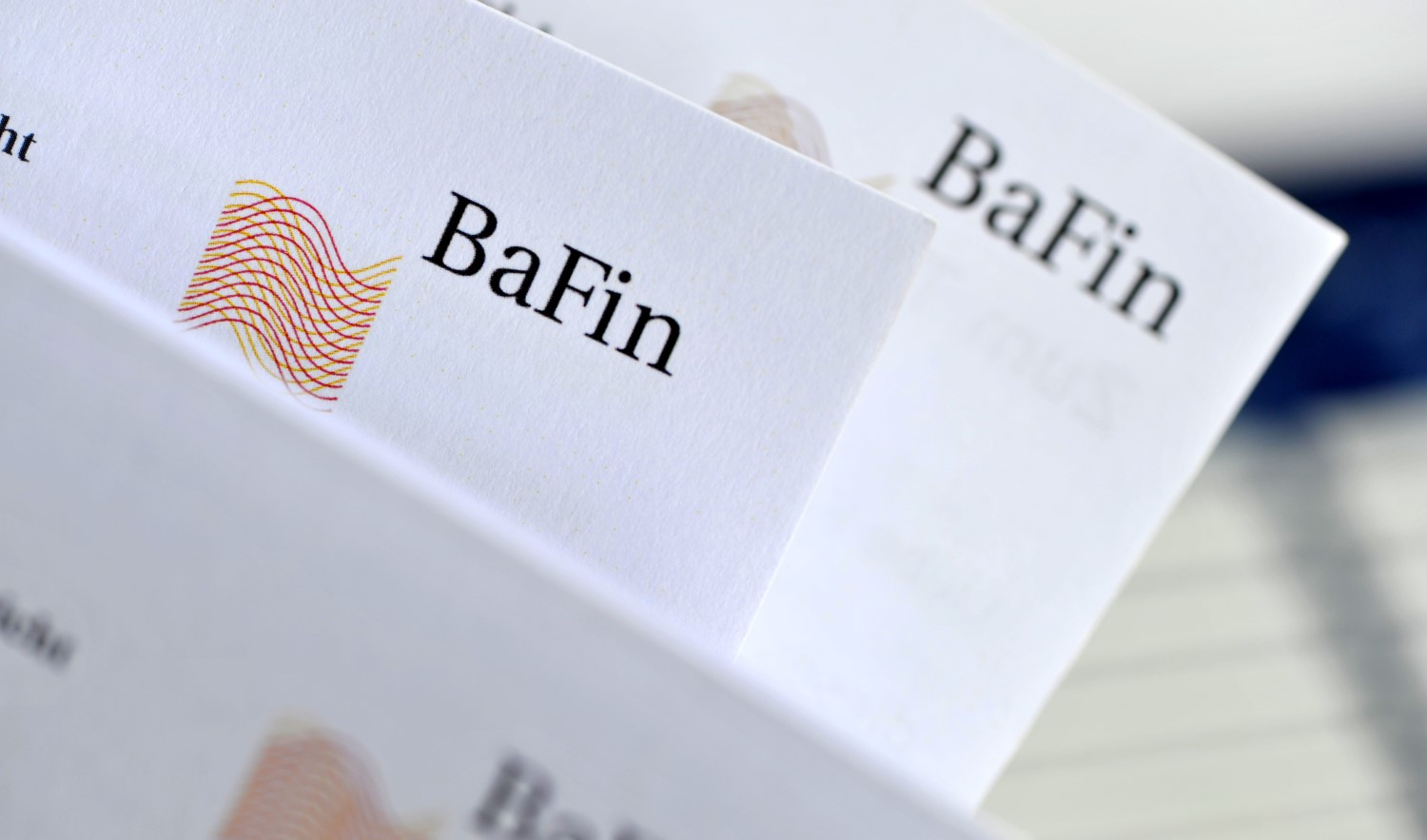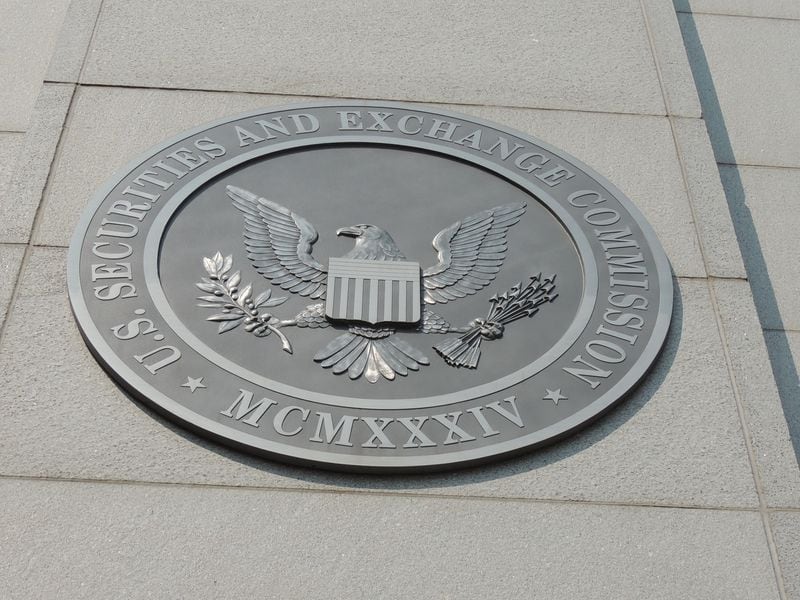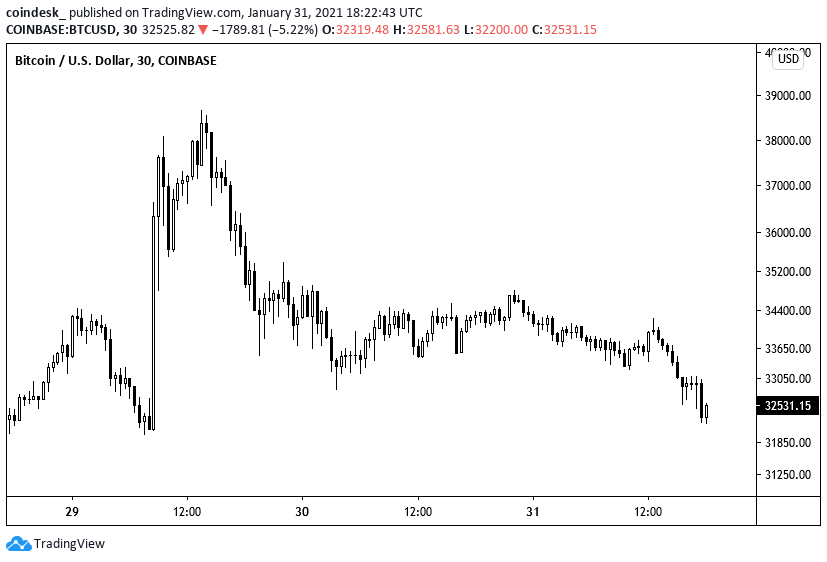EU Plans for Wholesale CBDC Out Within Weeks, French Central Banker Says
Euro area central banks will set out plans for a wholesale central bank digital currency (CBDC) in the coming weeks, as they seek to innovate how financial institutions settle securities and foreign exchange transactions, the governor of France’s central bank said Tuesday.
The wholesale plans appear to be moving faster than a much more controversial plan for a digital euro to be used by ordinary citizens, where lawmakers have raised numerous concerns over privacy and the impact on commercial banks.
“The Eurosystem has started exploring new technologies for the settlement of central bank money, including the issuance of a first type of tokenized CBDC,” François Villeroy de Galhau said at an event in Paris. “The eligibility criteria and the call of interest will be published in the coming weeks and experiments will be rolled out over the course of next year, including trials with real transactions.”
A permissioned network that works with smart contracts would allow central banks to continue to govern the supply of money to the economy, something central bankers regard as central to their task of managing inflation and financial stability, Villeroy de Galhau said.
The central bank would be exploring “alternative protocols and blockchains” as well as its own proprietary Distributed Ledger for Securities Settlement System, DL3S, he added.
A recent study by traditional finance lobbyists suggested that financial markets powered by distributed ledger technology could save $100 billion per year by freeing collateral and automating back-office processes.
Wholesale CBDC plans were already floated at a series of industry meetings convened by the European Central Bank earlier this year – and appear to be progressing faster than the retail idea, where lawmakers are currently wrestling with legislation that has raised significant political opposition.
In a recent letter seen by CoinDesk, a group of cross-party EU lawmakers asked the ECB to postpone any decisions on a retail CBDC until they can agree on new legal constraints.
Signatories to the letter, sent Sept. 26, include the Netherlands’ Michiel Hoogeveen, former Belgian Finance Minister Johan van Overtveldt and Markus Ferber, economic spokesperson for the EU’s largest, center-right political grouping, the European People’s Party.
Edited by Sandali Handagama.








